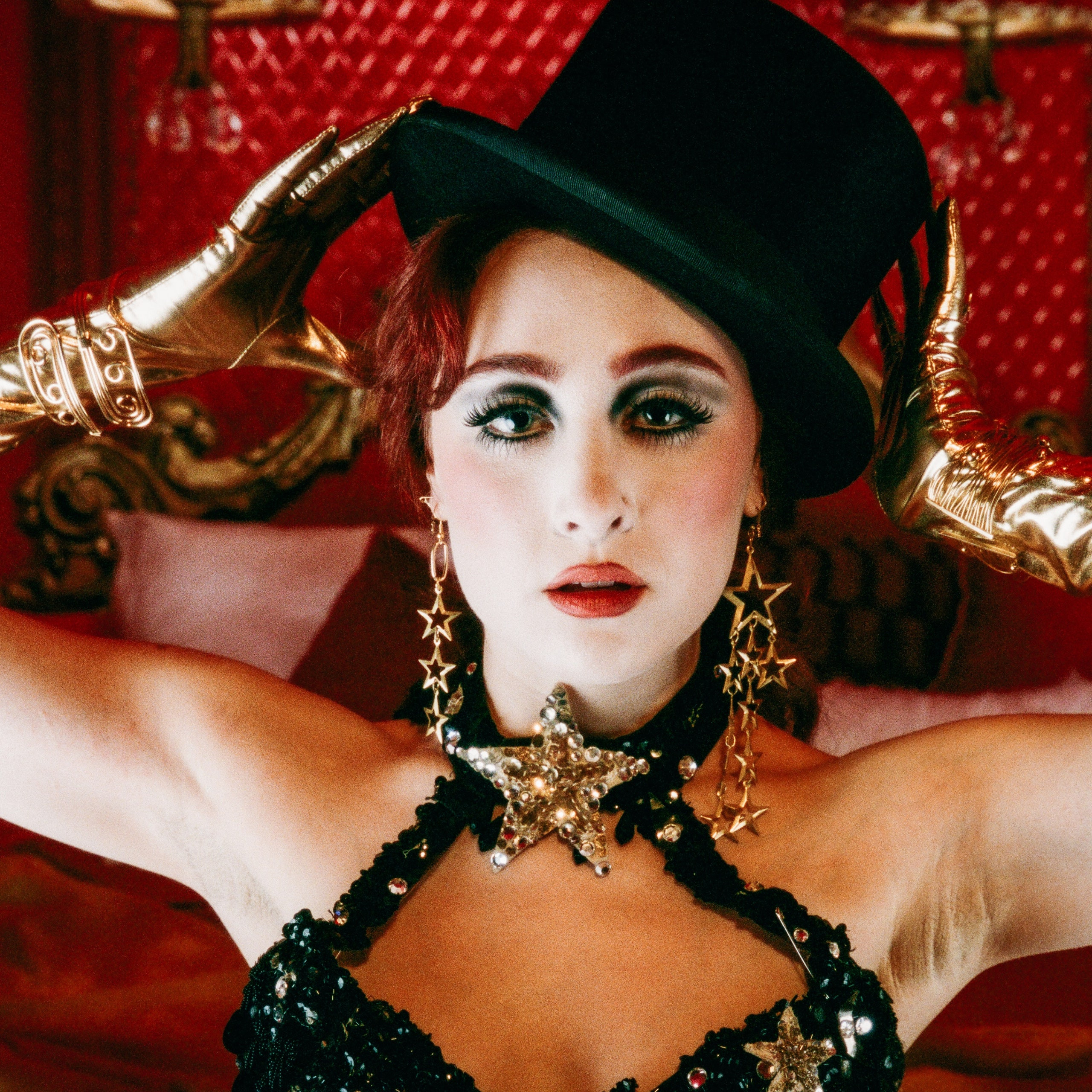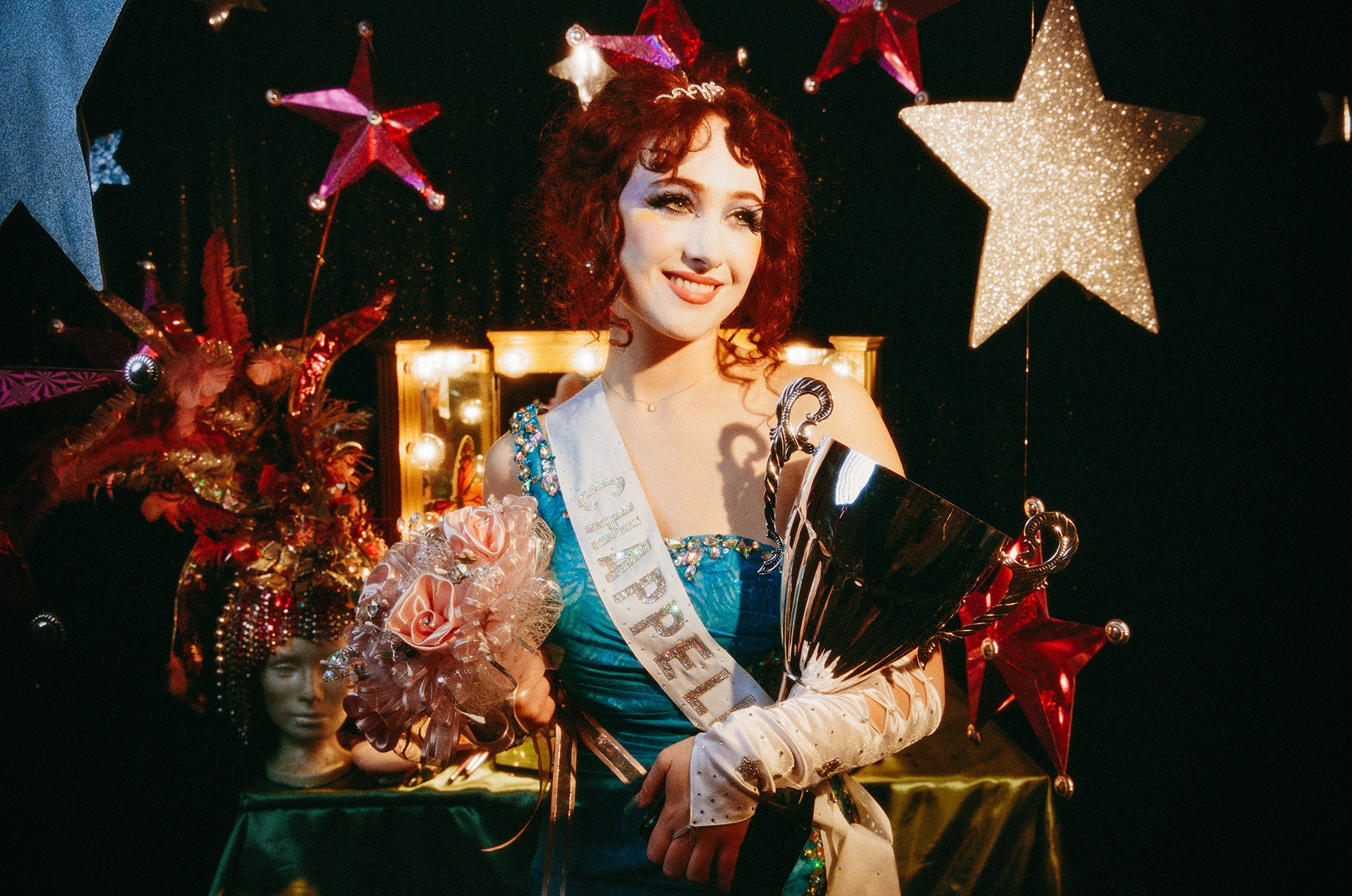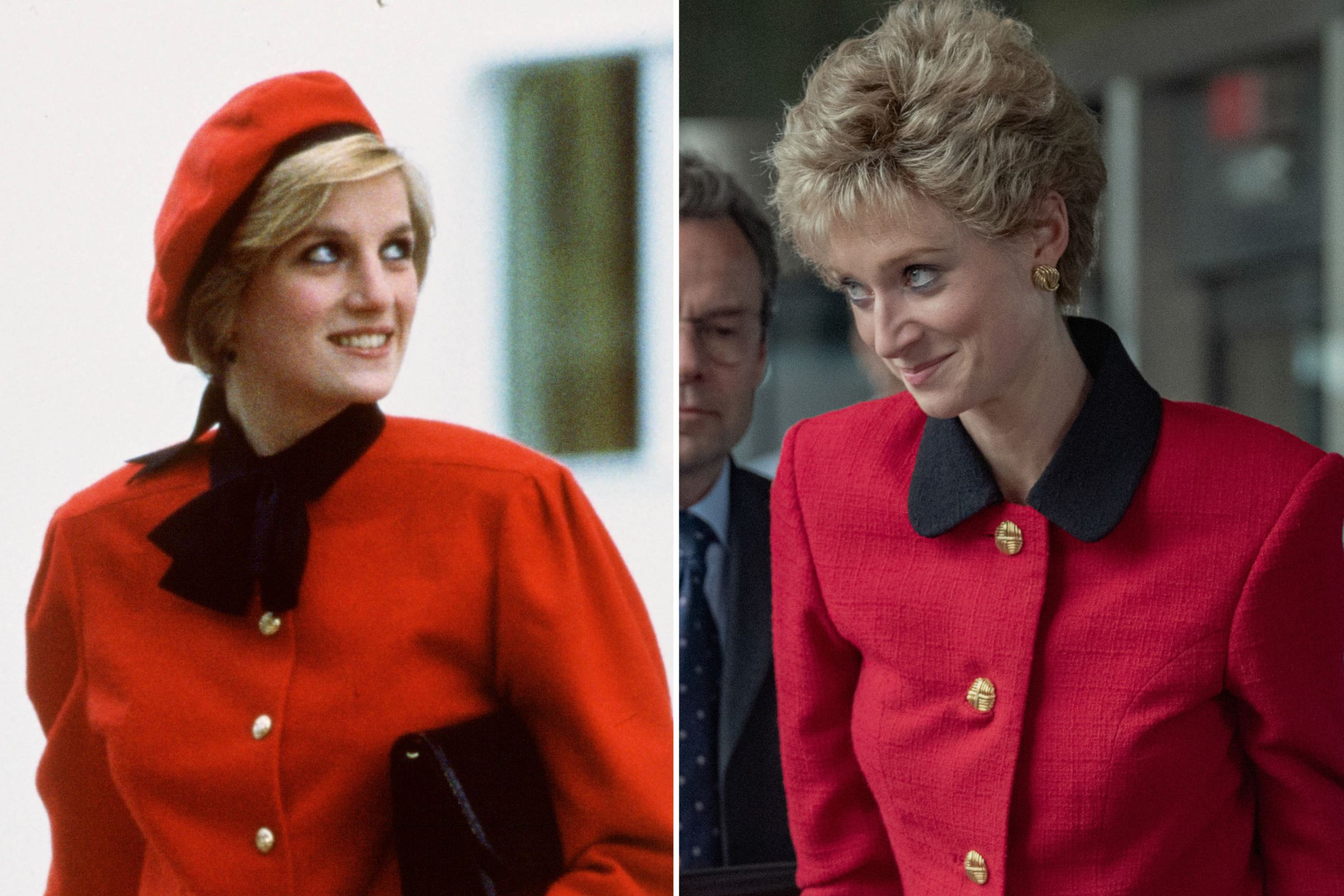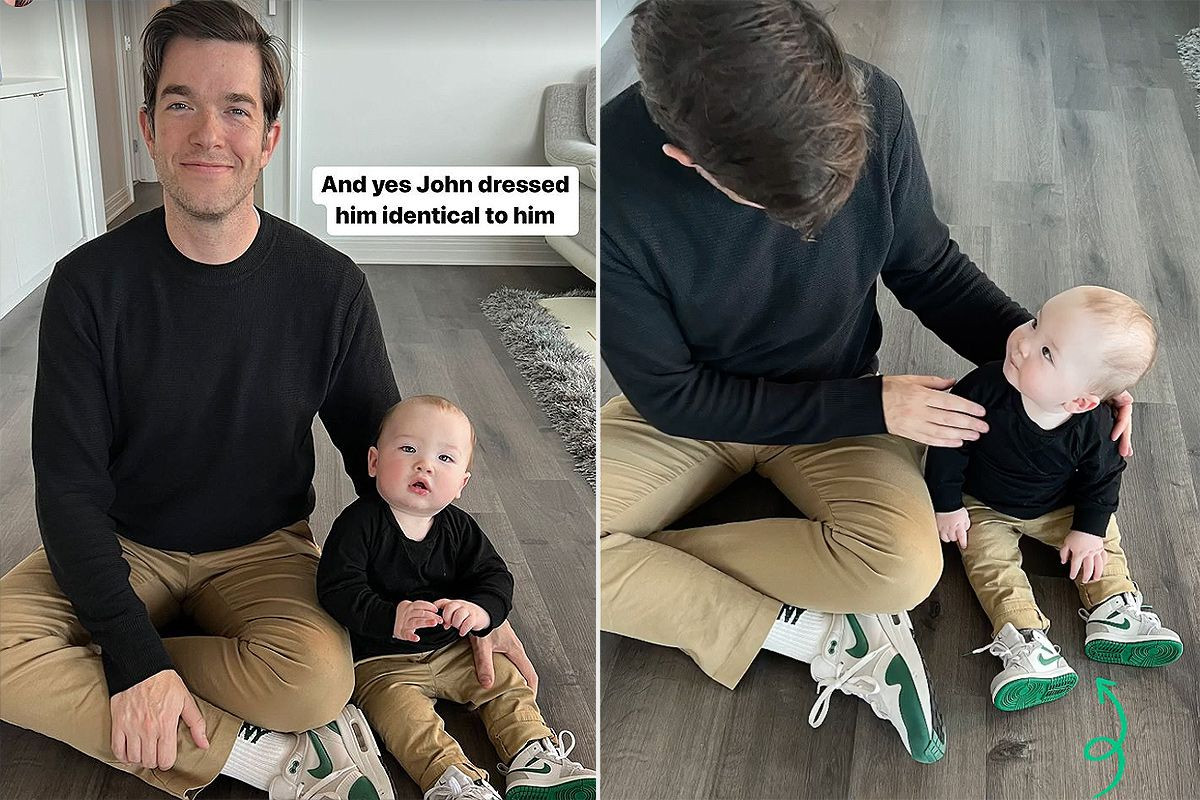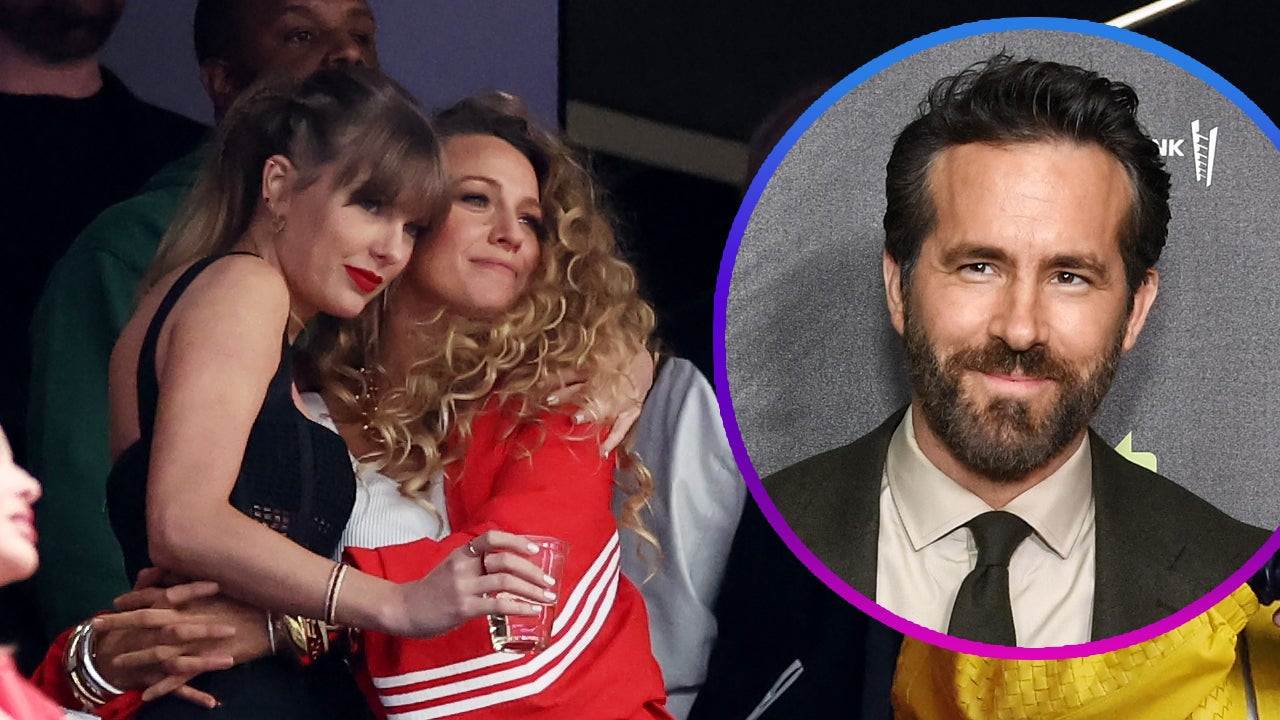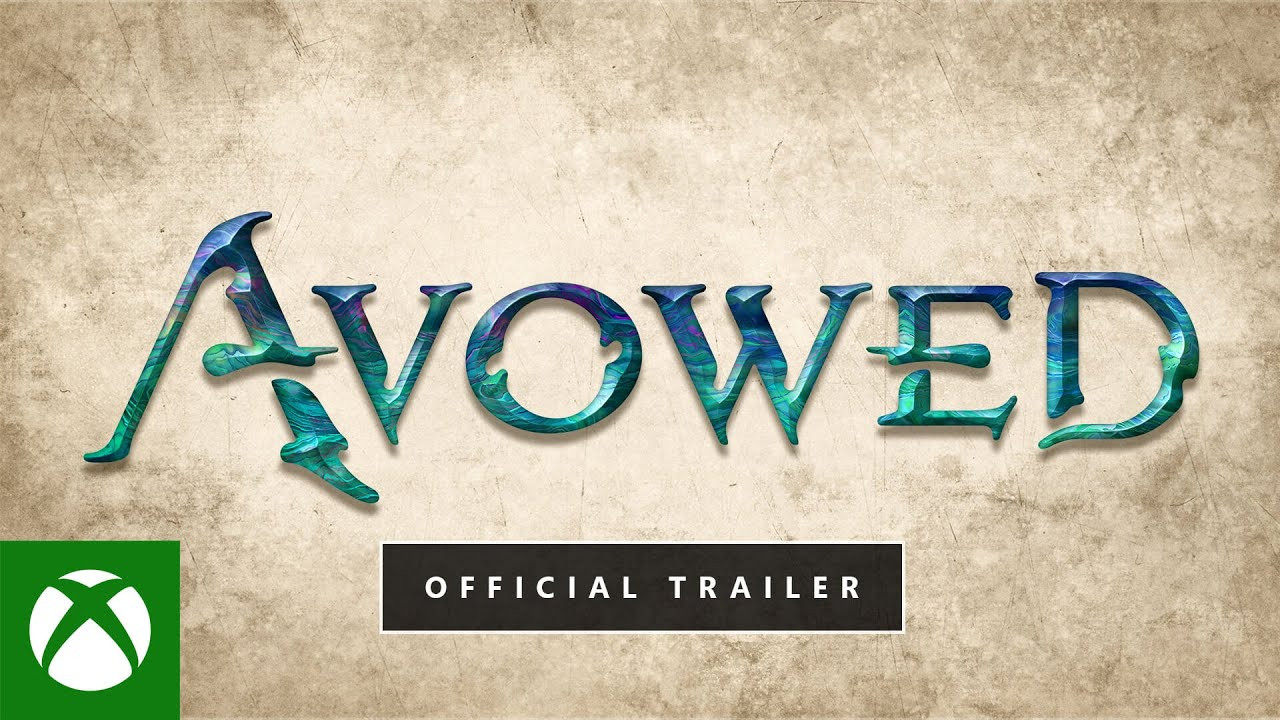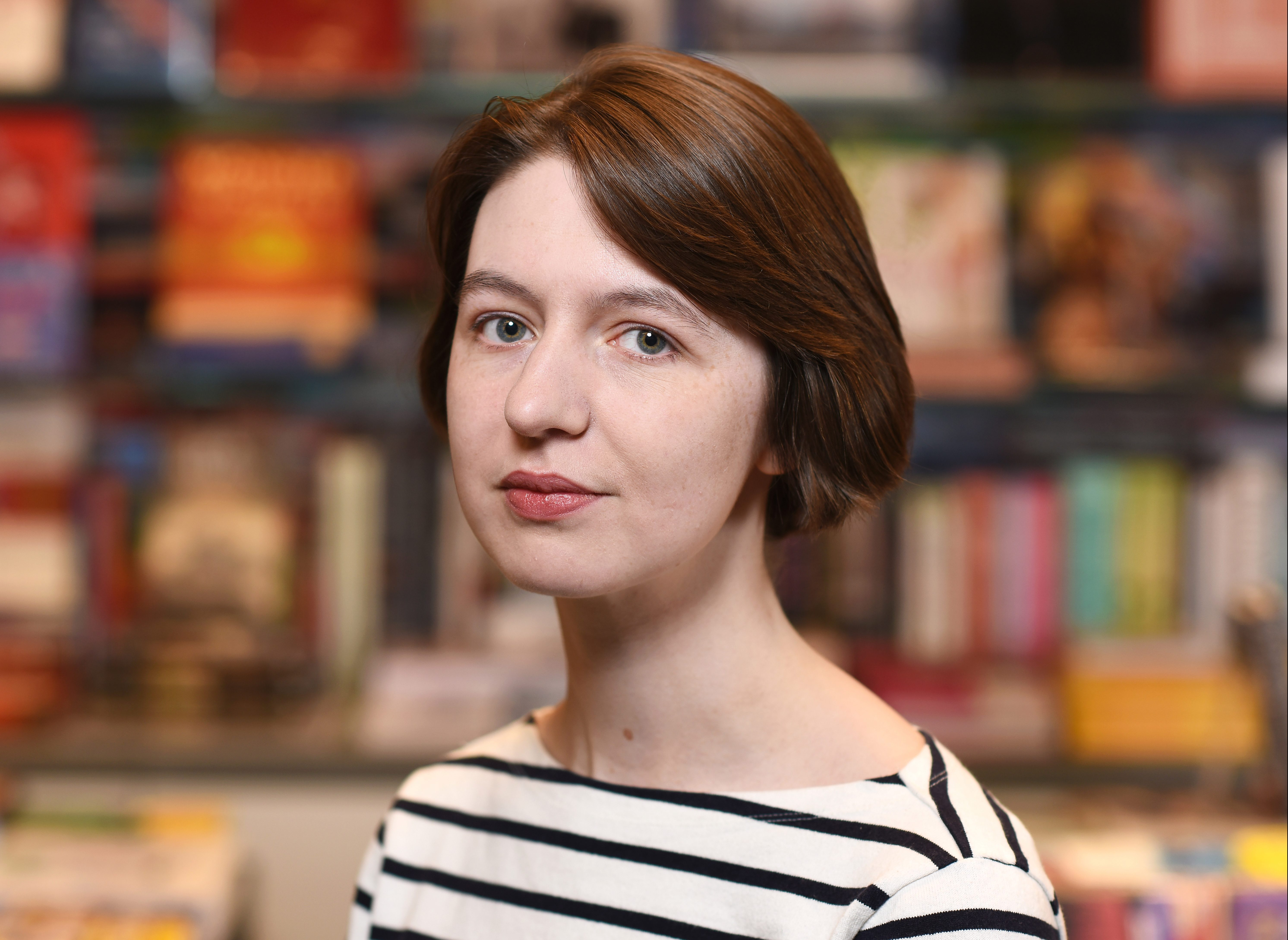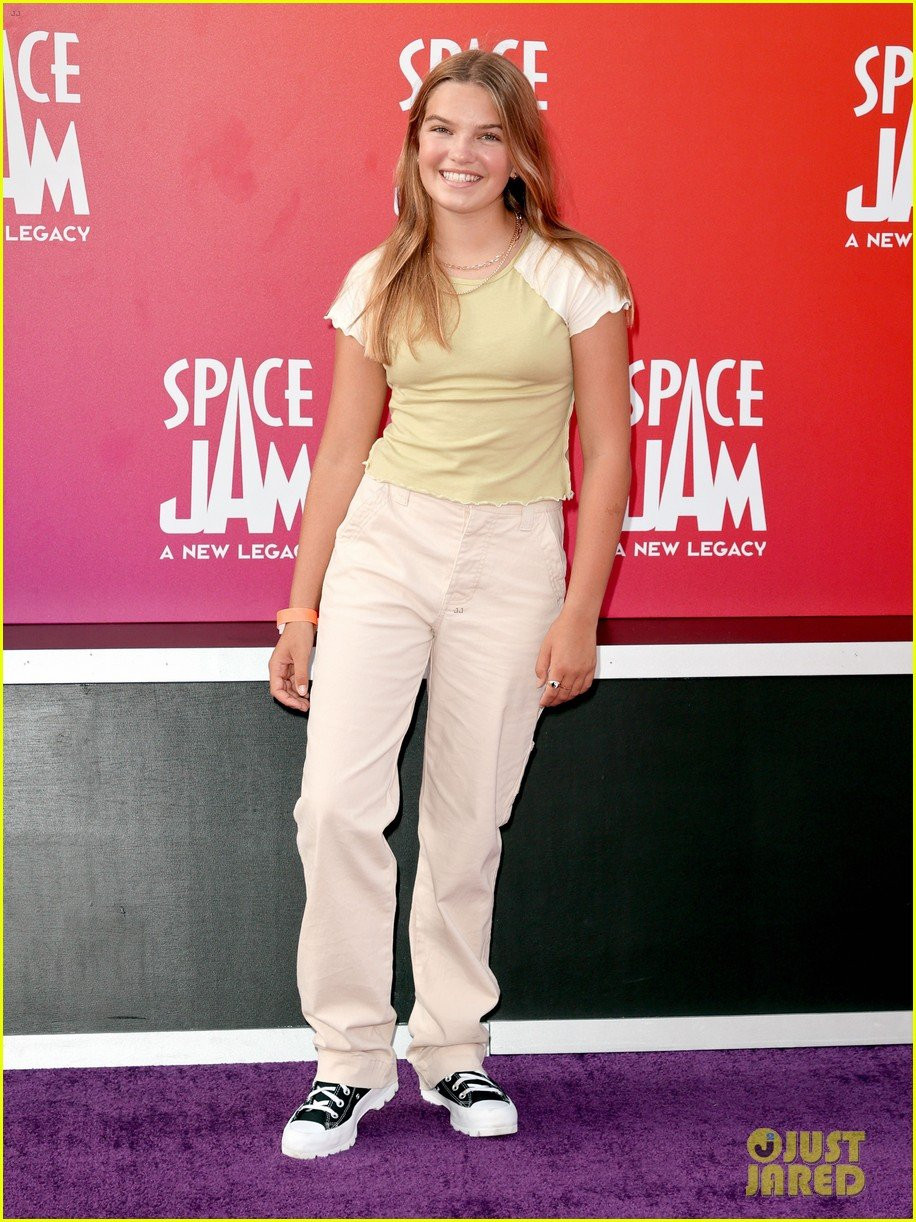In many ways, pop singer Chappell Roan’s show in Dublin resembles the Platonic ideal of a gig. It’s like watching lightning escape from a bottle. Roan is a white-hot name, far too big for this venue, despite the show having been upgraded to a bigger space. It is packed to the gills. In the past six months, the outre, Missouri-born singer has gone from being a buzzy, best-kept-cult act to stealing the show at a succession of US summer festivals.
After a decade of stop-starts in the industry, fame for Roan came very slowly, then seemingly overnight. Some calculate that her set at Chicago’s Lollapalooza last month was the biggest crowd for any artist, ever, in the daytime in that festival’s 33-year history, mirroring her streaming rise from 1 million Spotify listeners to 21 million in, effectively, a heartbeat. Charli XCX may have inaugurated a Brat summer, but Chappell Roan picked up that lime-green sequined baton and tossed it sky high, celebrating the liberation in hedonistic femme fun.
Roan’s songs are sexually frank, emotionally erudite and epic enough to short-circuit the advertising screens at the rear of arenas. Take Femininomenon, a girl-sex-positive romp that Kamala Harris has redeployed in her social media campaign (“we need a feminine-omenon!”). The track builds into a dancefloor head rush via a series of increasingly hysterical, fourth wall-breaking demands for “a fucking beat!”
That’s just the opener. The self-describing Super Graphic Ultra Modern Girl charts Roan’s discovery of her queerness, doing away with sub-par men to a pulsating 80s-meets-Hi-NRG dancefloor soundtrack. It’s like Lady Gaga singing Footloose, but better. “Not overdramatic! I know what I want!” declares Roan, with a toss of her hair.
Although her lyrics are full of lust, Roan’s songs most often exude a tongue-in-cheek, cheerleader wholesomeness. One of her biggest hits, Hot to Go!, is at once super-queer and adorable, everyone spelling out the title with arm movements. (She has mischievously described it like “YMCA, but gayer”.) Naturally, TikTok loved it.
Tonight, these massive bangers are delivered by a human-sized, all-female rock band who cavort and headbang around their exuberant leader. It’s a pop set but without the set dressing – just charisma and lung power. Tune after tune from Roan’s sleeper-hit debut album, last year’s The Rise and Fall of a Midwest Princess, finds the crowd doing all the backing vocals, ad libs and call responses, the girl mob of the recording rendered in real life.
It also feels like the end of an era. As you read this, Roan will be performing three nights at London’s 4,900-capacity Brixton Academy (another upgrade). She may never grace a venue so intimate ever again.
Or she might; you never know. This is an artist whose short yet long career has seen her self-belief rewarded. Kayleigh Rose Amstutz was signed as a teenager, then dropped by Atlantic Records during the pandemic – even after she had released the rallying queer party anthem Pink Pony Club, which subsequently grew into her calling card.
After a stint back at home in Missouri, she tried again in LA. Roan’s producer Daniel Nigro (who has worked with Olivia Rodrigo, among others) believed in her work so much that he started a label, Amusement Records, to release it, funded by Island.
Just deserts are being served. But Amstutz is justifiably wary of all the burnout and terrible mental health in her industry. Her reaction to her wild success has been a mixture of I-told-you-so delight tempered with healthy scepticism. A few weeks ago, Roan put out an eloquent statement about harassment. “Please stop touching me. Please stop being weird to my family and friends. I am scared and tired,” it read, in part. “I’ve been in too many non-consensual physical and social interactions and I just need to lay it out and remind you, women don’t owe you shit.” Tonight, she directs a kind of informed gratitude at her fans. “This is my favourite part of the job, it’s what’s keeping me going,” she says. “I really needed this type of community when I was 15.”
Everyone here is, naturally, beside themselves with excitement – expressed in cute outfits, cowboy hats and Irish “olé, olé, olé” chants, the last of which, in fine tradition, pleasantly baffles the American singer. Roan herself wears a metallic, salmon-hued chorus-girl bodice; relatively tame by her outlandish standards. She draws enthusiastically from drag culture – her support acts are local drag artists. But for all her super-modern energy and TikTok nous, she is also a deeply old-fashioned entertainer, with waltz-time ballads punctuating the hot-to-trot party, and bravura held notes alongside the takedowns of 21st-century situationships.
Naturally there are love songs – like her still-new, unreleased track The Subway, which pines hard for an old flame. “She’s got a way,” mourns Roan, “She got away.” (She says she’ll release it when she’s ready.)
But one of the chief joys of Roan is her witty freshness. It’s hard to think of an artist who has written a fun song about being sexually turned on by the unravelling of an ex, on My Kink Is Karma. “People say I’m jealous, but my kink is watching you ruin your life, you losing your mind,” she sings, panting “oh God” in between. Taylor Swift often writes about karma; Roan has taken that baton too, and run off with it in a wildly different direction.
Her hot-blooded anthems – not to mention that delicious braggy, draggy persona – have infected the pop world and turned Chappell Roan into its newest hometown hero. Now, with barely a second to take it all in, she’s staring into the abyss of superstardom.




